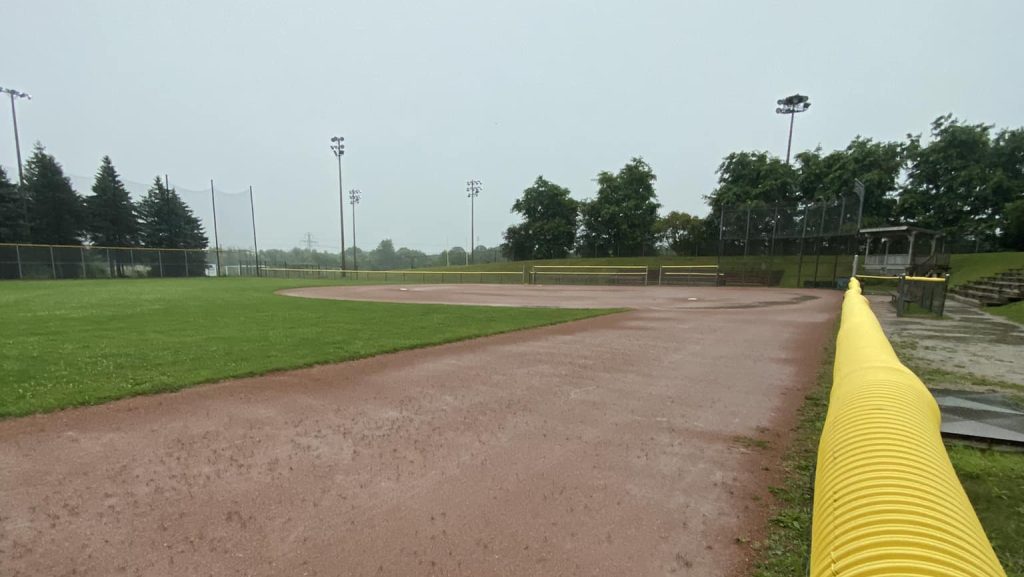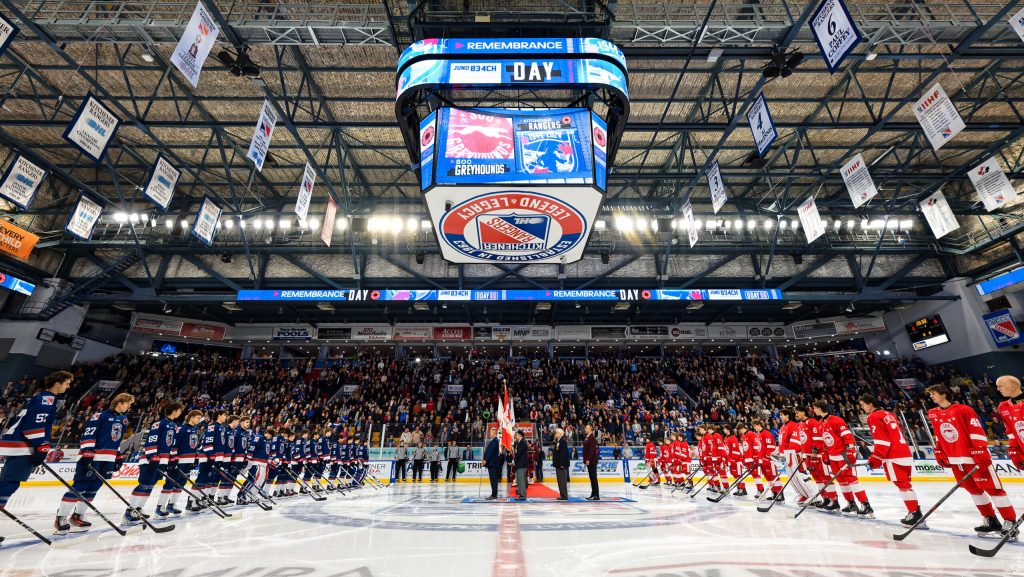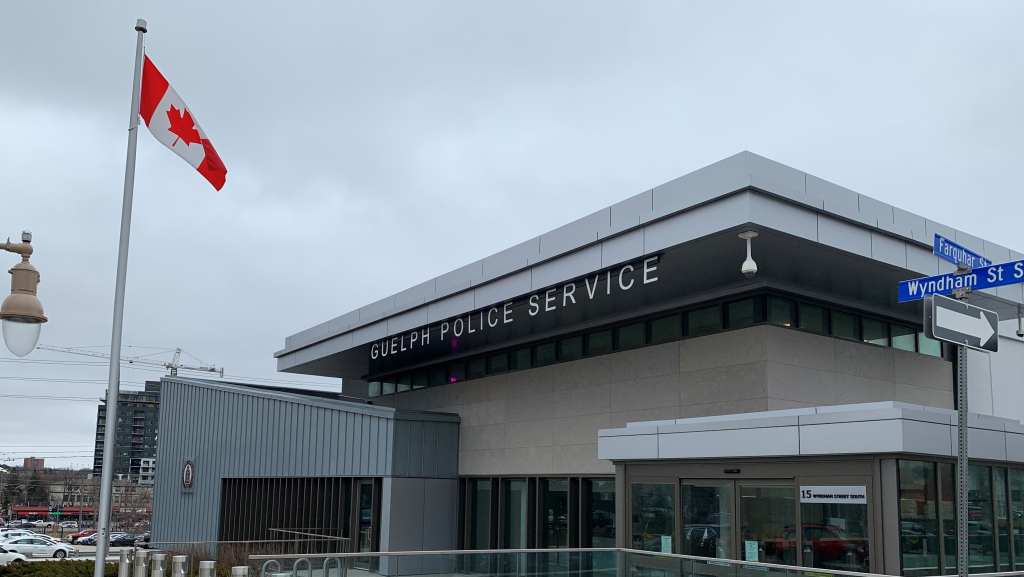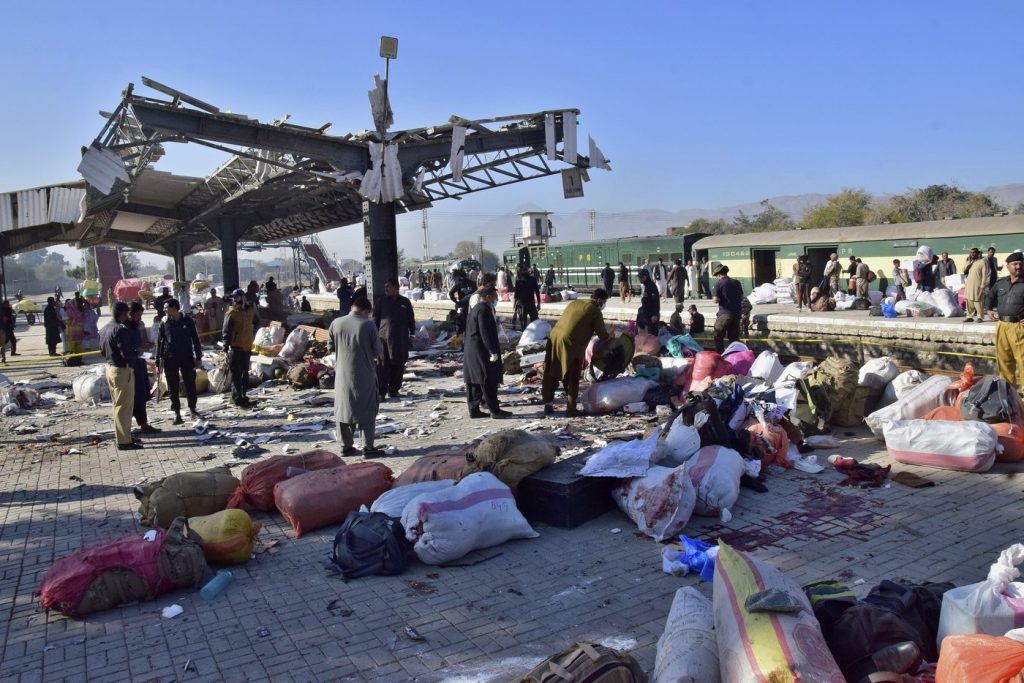Filmmaker Trevor Mack talks Portraits from a Fire
Posted Nov 5, 2021 05:33:27 PM.
“To me this film is medicine. This film is healing,” said award-winning Tsilhqot'in nation filmmaker Trevor Mack of his first narrative feature film, Portraits from a Fire. “[It’s] about the death and rebirth process of finding out the truth.”
The film was shot on location over 16 days at the Tl'etinqox (Anaham) Reserve in B.C. where Mack grew up and was released on Nov. 1.
After a successful festival run, winning the BC Emerging Filmmaker Award from the Vancouver International Film Festival and Best Canadian Feature Film at the Edmonton International Film Festival, the film screened in select Landmark Cinemas across Canada on Nov. 1, and will be available for streaming on all major platforms Nov. 9.
Portraits from a Fire follows Tyler (William Lulua), a lonely teenager who spends his days making short, lo-fi films by himself on his reservation, regularly premiering them to a nearly empty audience. That is, until he meets Aaron (Asivak Koostachin), an older teenager who encourages him to show his private work about his family to the community.
“To me, the film is an embodiment of who we are as Tsilhqot'in people, where we want to go, and how we can get there,” Mack, who wrote and directed the film, said. “You know, we want our lives to be filled with joy, happiness, and abundance. And we get there by not seeing ourselves as victims; we get there by compassion, forgiveness, and love.”
As they wrote and filmed with healing in mind, they avoided showing dystopian, post-apocalyptic images, and any mention of residential schools or colonialism.
“We don't want to show our kids that film. Our kids are filled with existential stress as it is, you know, we need to show our kids films of, of happiness, laughter and visions of the future that we want our kids to be hopeful for. And so this film is the beginning of that energy,” he said.
The idea for the film began to form while Mack was recovering from a shattered jaw.
“When I was leaving my home reserve of Tl'etinqox, and hometown of Williams Lake at 18 years old, I was competing in a world championship sport called Red Bull Crashed Ice,” he said. Red Bull Crashed Ice is essentially downhill skating on a track with streep turns and sudden drops, and was created and managed by energy drinks company Red Bull.
He competed in the sport for six years, while also travelling and making short films.
“And I got lost in the superficiality of those two worlds, the unhealthy aspects of partying and drinking in the sports world. And then also the unhealthy aspects of ego installation and drinking in the film industry. And that culminated in an event in 2016,” he said.
This lost feeling prompted him to go to bars by himself and get “blackout drunk.” And in 2016, he was assaulted and mugged.
“So I had to recover, I think I still am recovering in a way. But I had three months with my jaw wired shut. And with the help of my Auntie's, I recovered. But I couldn't move, I couldn't eat, I had to eat through a straw. So I had to sit there, and all that trauma, all of the feelings that I was once trying to numb through partying and through alcohol, all of that was boiling to the surface,” he said.
“And I got to see that all of the decisions that I made, led me to that moment, but then also, all of the decisions my mother and father made, and their mother and father and their mother and father and realizing at that moment, comprehending what intergenerational impact is, whether it's good or bad,” he said. “So that was a big catalyst in my life in general, but also for writing a film about healing.”
As his healing journey continued, and he began to reflect on being “the son of residential school survivors — there’s a lot of stuff that we young Indigenous people have to deal with,” he actually rewrote the entire story just four months before filming.
“We changed the story from seeing our Indigenous men as abusers and our Indigenous women as victims, and seeing our youth as hopeless, completely changing that and showing literal images of our Indigenous men defining their life and becoming heroes. And our Indigenous women standing up and making the change that they can make when it's needed. And young Indigenous characters who go through the process of healing, and see the people who may they think have wronged them to see them with compassion, and forgiveness and love,” he said. “Otherwise, we're just stuck in a cycle of identifying ourselves with our trauma.
“You know, we, as Indigenous people, are more than victims of residential schools, we are so much more than that. And this is what this film is about. You know, there's no talk of residential schools, there's no talk of colonialism. It's a universal story that can happen to any family. And it just so happens that it takes place in my community.”








